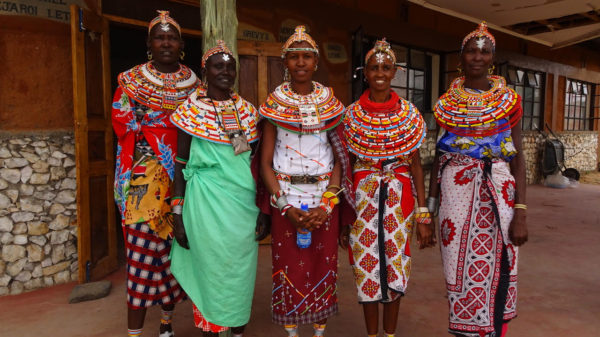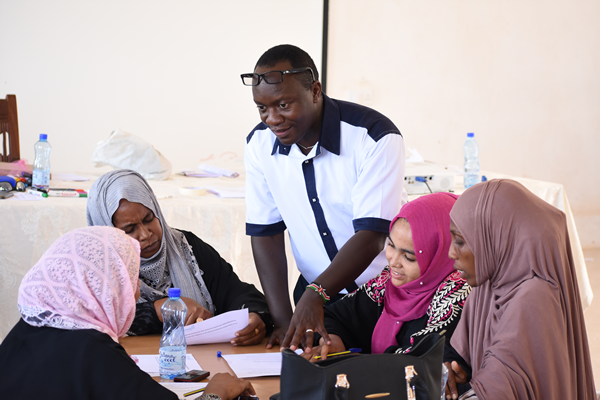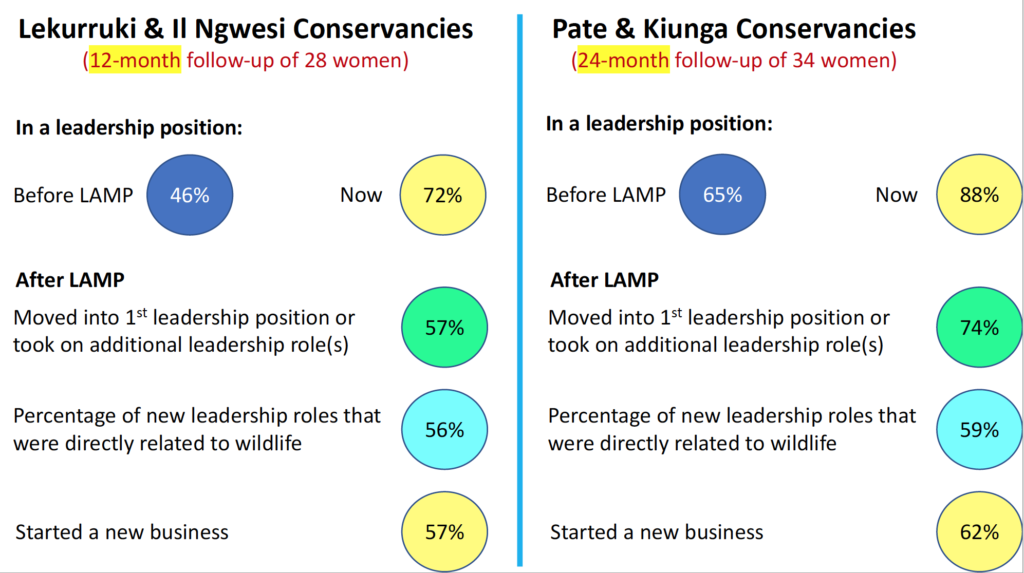
Many of the leaders and staff of wildlife conservancies and the philanthropies that fund them are steeped in natural sciences such as zoology and environmental science. Few have business or management backgrounds. Yet few organizations pose more diverse managerial challenges than community-led wildlife conservancies.
First and foremost among the challenges is to protect nature: to align the interests of local communities, to promote conservation and tourism; to organize effective anti-poaching systems; to run tourist operations; to manage logistics and potential emergencies in remote geographies; to hire and nurture personnel; to interact with government at various levels; to raise funding.
In 2018 MSWC conducted a first-of-its-kind survey among 60 Kenyan community conservancies which identified their priority management training needs:

- anti-poaching management
- fundraising
- business plan development
- management planning
- community relations
- conflict management
Based on these identified focal areas, MSWC commits its time, energy, and resources to:
- help to develop and pilot a comprehensive “Training of Trainers” program
- promote and fund “LAMP” training cohort of local women
- make educational resources widely available; for example MSWC arranged to convert a Conservancy Manager’s Handbook into digital format (demo only/beta right now)
- bring conservancy management education to desktop and mobile phone users
- create local language learning materials
Leadership and Management Training Program (LAMP)
MSWC has financially supported the training of local women in Kenyan conservancies. This LAMP training was the first in northern Kenya dedicated solely to women. These communities are predominately Maasai who sustain themselves through a pastoralist way of life. The women selected are leaders in their respective communities, leading various women associations. The unique LAMP training content has been developed over several years so that it provides learning on essential leadership and management concepts in a visual and practical way, thus making the learning easily accessible to those who are illiterate and lack formal schooling. READ MORE about trainee feedback.
MSWC has funded ex-post interviews of graduating LAMP women participants (see below) in order to grow a data base which, it is hoped, will further encourage conservation organizations and their funders to offer similar management education programs.

1 in every 12 jobs in Kenya is linked to wildlife.
– The nature conservancy
Training of Trainers (ToT)
MSWC is funding and supporting the training of Kenyan trainers (ToT). The main objective is to develop, over a 2-year period, competent community-based LAMP trainers. Potential trainers have been identified in Lamu county at the Kenyan coast and in northern Kenya. These potential trainers have themselves graduated from LAMP and have expressed a strong desire to become community-based LAMP trainers.
